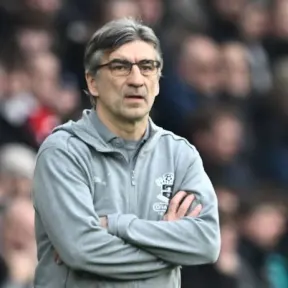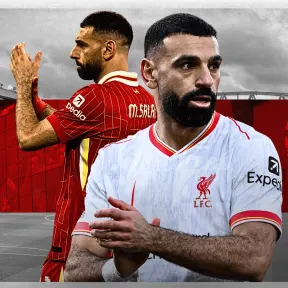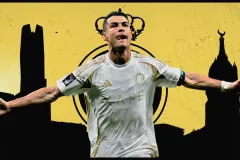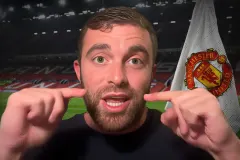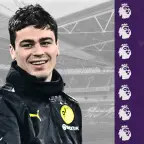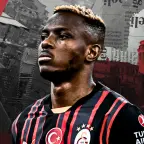Guardiola, Klopp, Tuchel - the age of the supercoach is here
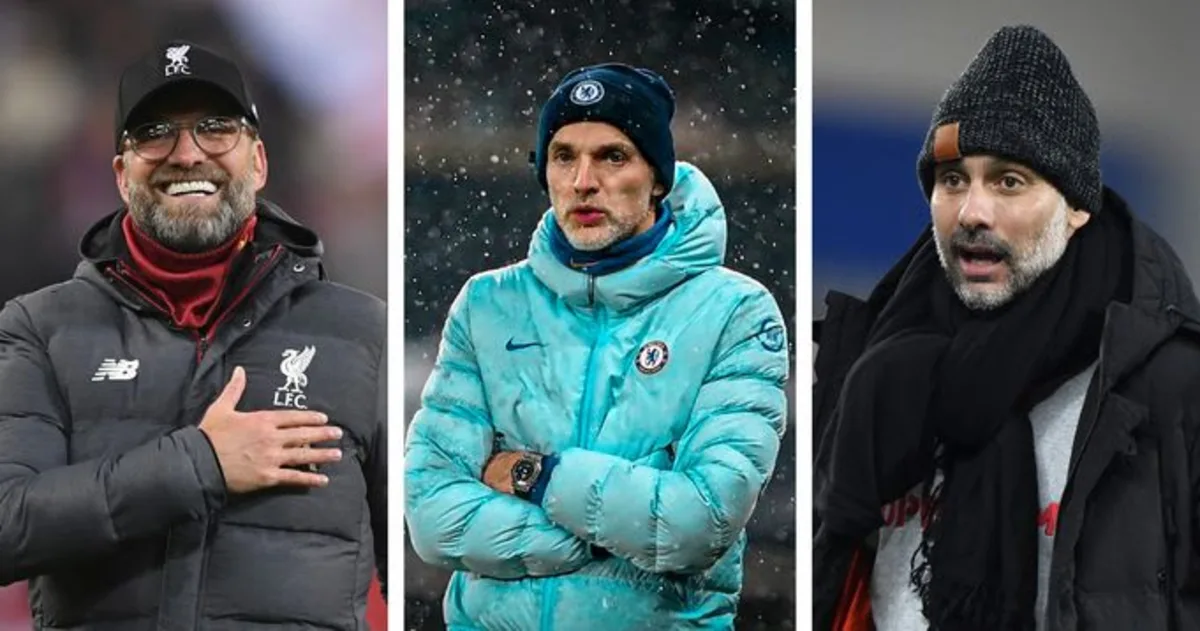
Ole Gunnar Solskjaer’s sacking from Manchester United might not have been so spectacular, or so obvious, a decade ago.
Players becoming managers always has been, and always will be, a natural progression within the sport. But while in the past being able to attract good players and place them somewhat effectively on the pitch could, on occasion, be enough for some success, those days are swiftly coming to an end.
There’s a breakaway taking place in football at the moment, of the coaching haves and have-nots, and their influence is beginning to decide results and shape the success of teams more than ever before.
They are called Pep Guardiola, Jurgen Klopp and Thomas Tuchel.
These three men lead the way and whilst there are excellent coaches elsewhere - not least Julian Nagelsmann at Bayern Munich or Antonio Conte, though he might find things more difficult than he expected at Tottenham - it’s no coincidence that the best three teams in the world are orchestrated by these three geniuses.
But what has changed in football to bring us to this point?
Divas need not apply
The concept of pressing high historically isn’t a new one. Teams like Ajax were performing it as a collective as early as the 1970s and this extended into the great Netherlands side of the 1974 and 1978 World Cups.
But requiring everyone, including all aspects of the forward line, to form part of the press is the tactic that is deployed at the very top of the game at the moment and this trend isn’t going anywhere.
Watching PSG’s iconic front three of Neymar, Lionel Messi and Kylian Mbappe literally watch the game pass them by until their team is in possession makes the colour drain from Mauricio Pochettino’s face.
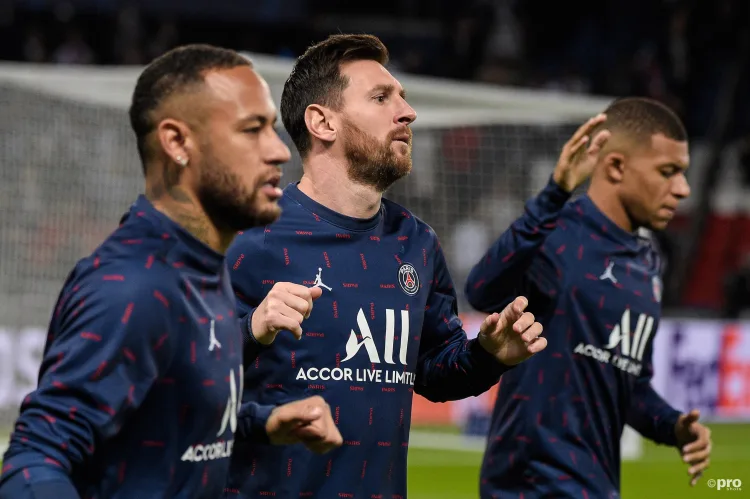
He’s a coach that wants his teams to be high-tempo and try to win the ball back as high up the pitch as possible. The fact that his superstar team doesn’t want to do it completely undermines what he’s trying to do.
But it is an insight into the teams being built elsewhere that they don’t allow for this level of diva-like behaviour from players. Make no mistake, City, Chelsea and Liverpool have a flurry of incredible players but they are all part of the collective. Team tactics usurp any individual actions. No matter who you are.
Coaching intelligence
Football underwent a total fitness and health revolution at the turn of the millennium thanks in part to Arsene Wenger and others like him; out went fast food and Monday afternoon booze sessions, and in came nutritionists, sports scientists and athlete-specific diets. A new, cleaner-cut era of footballer followed.
It’s taken its time, but tactical analysis within clubs has never been more cutting-edge and efficient. Data analysis has been inside most of them for well over a decade, but it’s one thing having it and it’s another knowing what to do with it.
Now the sophistication of what’s being assessed is a job for scientists, for numerical professionals and, in some cases, literal rocket scientists to make the difference.
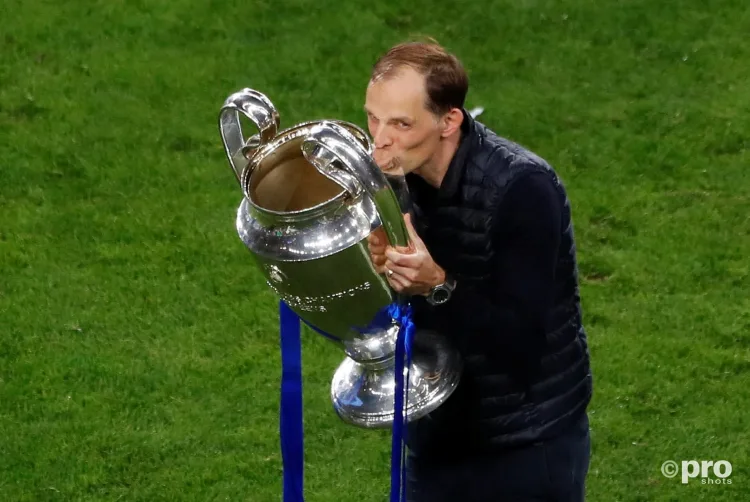
Teams are fastidiously positioned by the elite coaches and while the purist may say that it detracts from the abilities of the skillful No.10s of yesteryear, a coach like Tuchel, for example, is endlessly tweaking as the game progresses. Setting up 4-4-2 and hoping the players produce the goods or relying on Cristiano Ronaldo to bail you out every time - these are archaic ideas within clubs who want to compete for multiple honours.
There’s a level of sophistication happening that some players who carry out those instructions will never understand, and coaches from a previous era will never fully grasp.
Football has drastically changed within five years
Some like to ensure that football stays as a simple game and in many ways it always will be; put the ball over the line and nothing else matters. That’s always going to be true.
But football just isn’t the same game. For a start it’s incessantly fast. Recent studies have shown that the number of sprints had increased by 50% in the decade leading to 2016, and they have only increased further since. It’s a more intense, physically demanding environment that some players just can’t deal with due to the increased calendar and the associated injury risk.
Players cover more, play more, and run harder. Modern coaches understand this and how to best apply their directives based on the team they face. But we still have old school thinkers in many positions. Manchester United may be the most high profile example but it’s still prevalent in many places, where the zeitgeist has yet to catch up. It will, eventually, but it ensures one thing in the meantime...
Coaches are the new superstars
It’s always been strange that the players are the ones that go for huge fees while the man who is supposed to organise them effectively is brought in for (relatively) modest compensation fees. That’s already begun to change; perhaps Jose Mourinho was the frontrunner for this, being most-coveted for much of his career until, arguably, it all went wrong at Manchester United.
But we can now expect transfer fees to be attached to coaches in the same way. They are becoming so integral to how clubs operate, and subsequently their power is such that they can destroy everything by choosing to walk out of the front door. Sir Alex Ferguson is perhaps the finest example of this but it has happened in numerous instances where a club has tried to prepare for their King abdicating, but few ever achieve it.
The best coaches will know this, and in the wake of Guardiola, Klopp and Tuchel will be a whole new generation of coaches ready to embrace all of the ideas that have been suppressed by some for too long. The role of the coach is about to be thrust even further into the foreground.
It is about to be their time.


